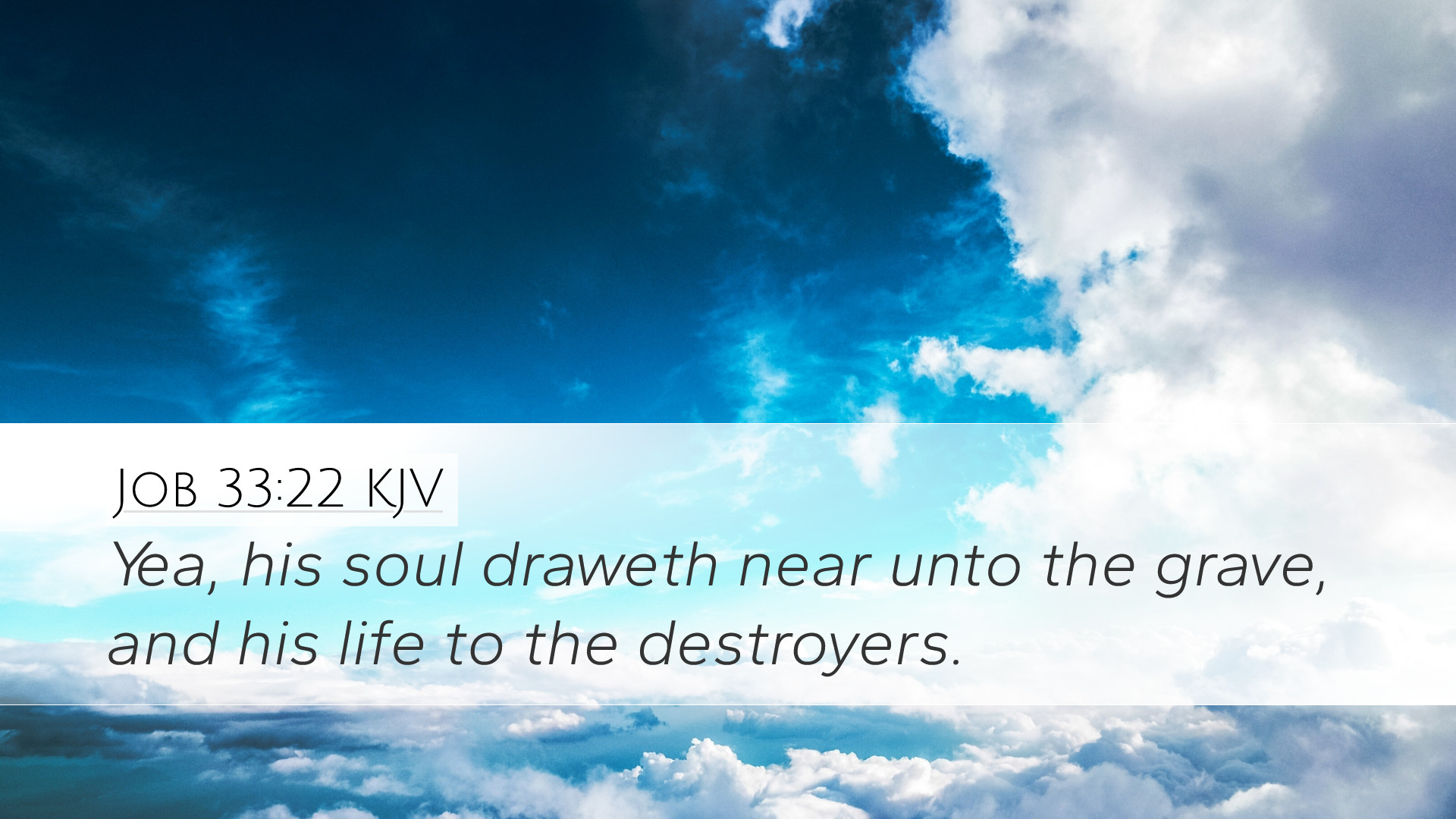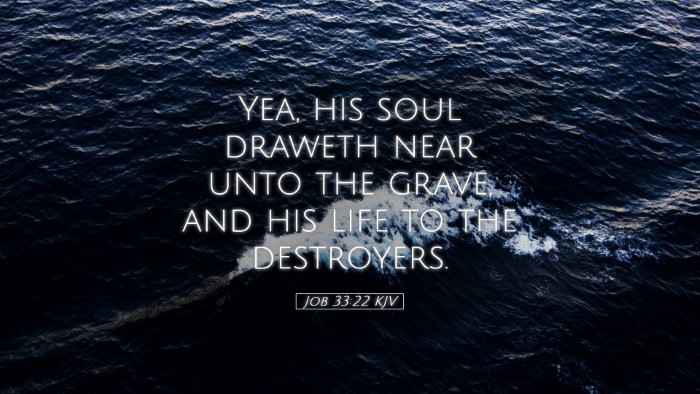Old Testament
Genesis Exodus Leviticus Numbers Deuteronomy Joshua Judges Ruth 1 Samuel 2 Samuel 1 Kings 2 Kings 1 Chronicles 2 Chronicles Ezra Nehemiah Esther Job Psalms Proverbs Ecclesiastes Song of Solomon Isaiah Jeremiah Lamentations Ezekiel Daniel Hosea Joel Amos Obadiah Jonah Micah Nahum Habakkuk Zephaniah Haggai Zechariah MalachiVerse
Job 33:1 Job 33:2 Job 33:3 Job 33:4 Job 33:5 Job 33:6 Job 33:7 Job 33:8 Job 33:9 Job 33:10 Job 33:11 Job 33:12 Job 33:13 Job 33:14 Job 33:15 Job 33:16 Job 33:17 Job 33:18 Job 33:19 Job 33:20 Job 33:21 Job 33:22 Job 33:23 Job 33:24 Job 33:25 Job 33:26 Job 33:27 Job 33:28 Job 33:29 Job 33:30 Job 33:31 Job 33:32 Job 33:33

